Description
VEGETABLE ALPINE STRAWBERRY REGINA
VEGETABLE ALPINE STRAWBERRY REGINA. A heavy-cropping, sweet-tasting alpine strawberry with Intensely red, sweet and very richly flavored much larger fruits than most alpine types. Heavy cropper that yields all summer.
Cultivation Advice
- Choose a well-drained location with exposure to full or partial sunlight.
- Plant alpine strawberries in early spring or late summer, allowing enough time for establishment before extreme weather conditions.
- Alpine strawberries prefer slightly acidic to neutral soil (pH 6.0-7.0). Amend the soil with organic matter such as well-rotted compost before planting.
- Maintain consistent soil moisture, especially during dry periods and when the plants are flowering and fruiting.
- Water at the base of the plants to avoid wetting the foliage and minimize the risk of fungal diseases.
- Apply a layer of organic mulch around the plants to conserve moisture, suppress weeds, and regulate soil temperature
- Incorporate a balanced, slow-release fertilizer into the soil before planting. Follow up with light fertilization during the growing season, avoiding excessive nitrogen.
- Space alpine strawberry plants according to the recommendations on the seed packet or from the nursery. Typically, they are spaced 12-18 inches apart.
- Consider planting companion plants that deter pests or attract beneficial insects to the strawberry patch.
- Proper spacing, good air circulation, and avoiding overhead watering can help prevent common fungal diseases.
- Harvest ripe strawberries regularly to encourage continuous fruiting. Alpine strawberries typically produce smaller, intensely flavored berries.
- Keep an eye out for pests such as slugs, snails, and aphids. Use organic methods or suitable pesticides if necessary.
- Consider using netting to protect the berries from birds.
- In colder climates, apply a layer of mulch around the plants to protect them during the winter. This is especially important for perennial alpine strawberries.
- Regularly prune alpine strawberries to remove old leaves and encourage new growth. This helps maintain a tidy appearance and promotes better air circulation.
- Alpine strawberries, including “Regina,” benefit from consistent soil moisture. Regularly check the soil moisture level and water when the top inch of soil feels dry.
- Ensure that “Alpine Strawberry Regina” receives adequate sunlight, ideally at least 6 hours of direct sunlight per day. This promotes healthy growth and fruit production.
- Alpine strawberries, being well-suited for containers, can thrive in hanging baskets or pots. This is particularly useful for small spaces or if you want to control soil conditions more effectively.
- Consider pinching off the first flowers that appear early in the growing season. This encourages the plants to focus on establishing a strong root system before directing energy to fruit production.
- Every few years, consider renewing your Alpine strawberry plants. For perennial varieties like “Regina,” this might involve dividing and replanting the crowns to rejuvenate the plants.
- Gently pluck ripe strawberries to avoid damaging the plants. Harvest regularly to encourage continuous fruiting throughout the growing season.
- If growing Alpine strawberries in containers, provide extra winter care. Move containers to a sheltered location, or wrap them with insulating materials to protect against extreme cold.
- Planting flowers like marigolds or nasturtiums near Alpine strawberries can attract beneficial insects and contribute to a healthy and diverse garden ecosystem.
- Periodically check the soil pH, and if needed, adjust it to maintain the preferred slightly acidic to neutral range for Alpine strawberries.
- Explore vertical gardening options, such as trellises or hanging containers, to maximize space and create an attractive strawberry display.
- Provide a balanced, organic fertilizer during the growing season to support healthy growth and fruit production. Follow the recommended application rates based on the specific needs of Alpine strawberries.

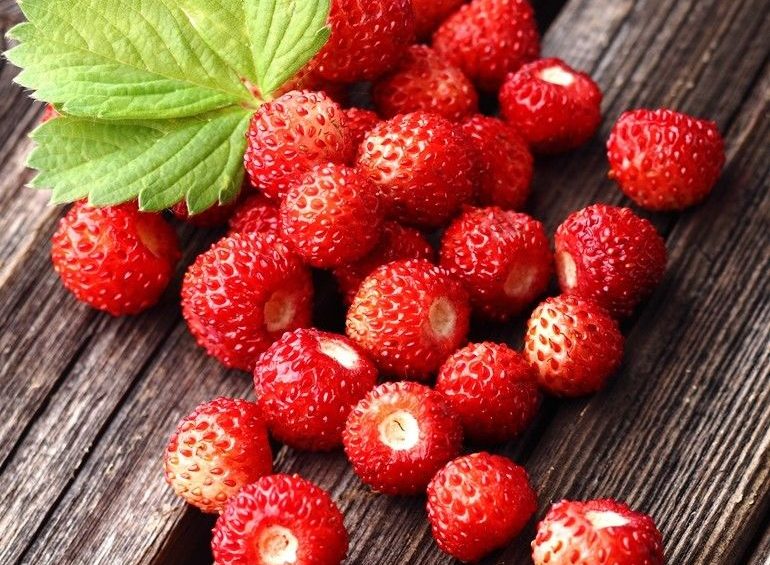
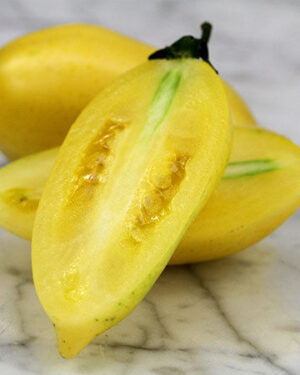
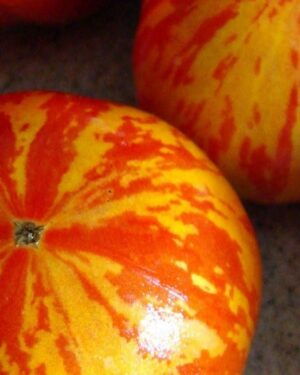
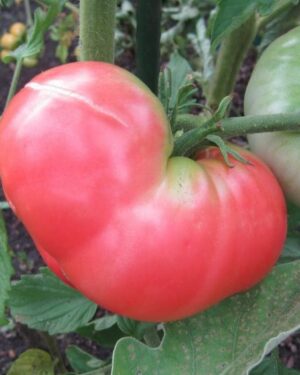
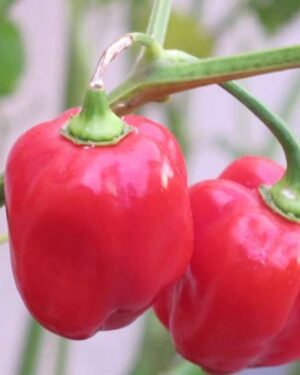
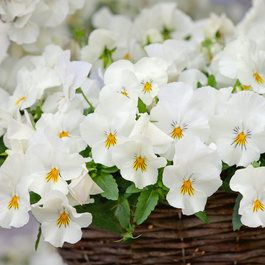
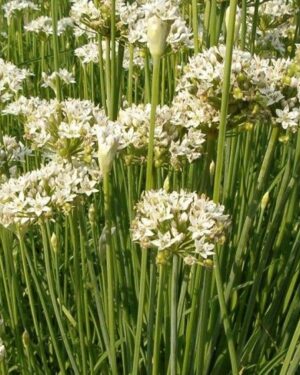
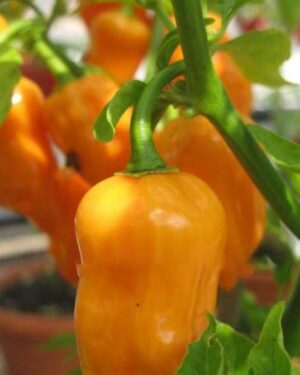
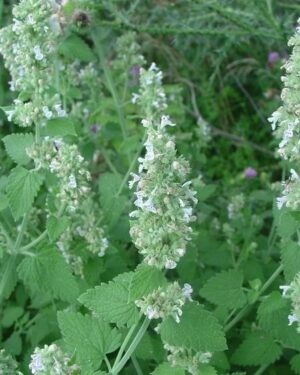
Reviews
There are no reviews yet.